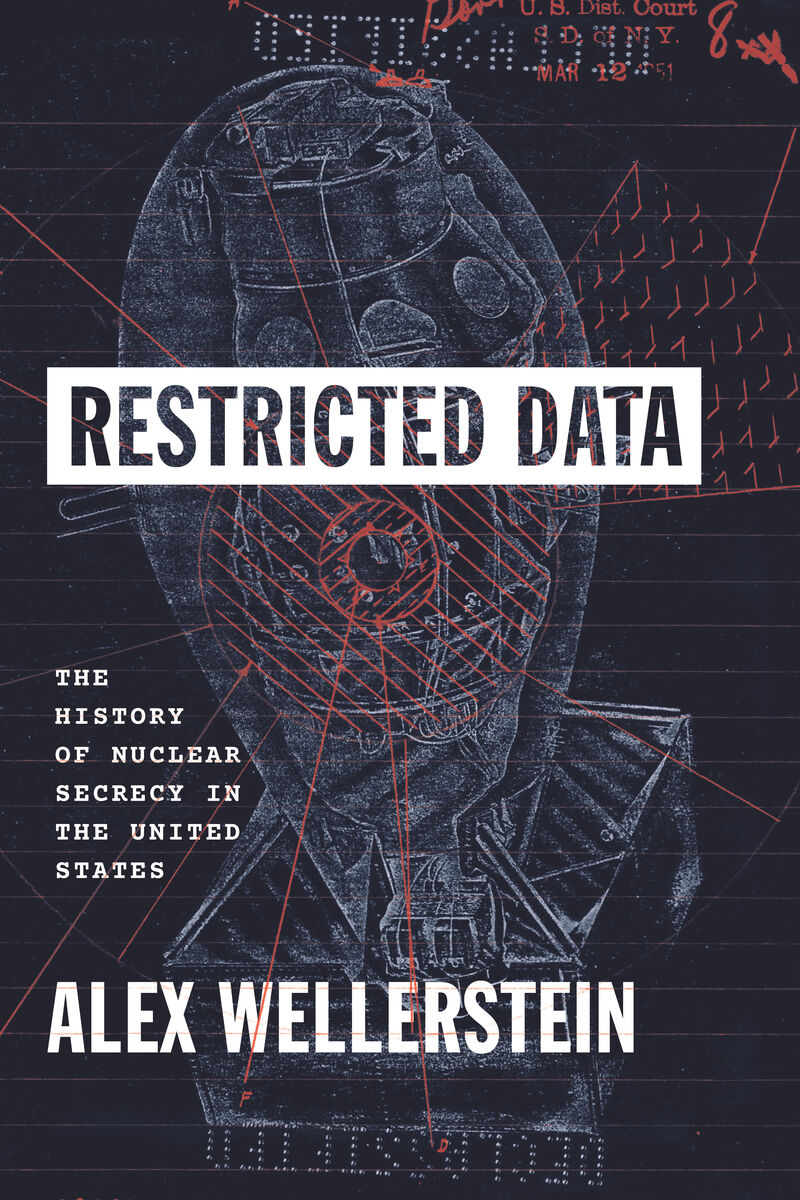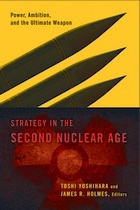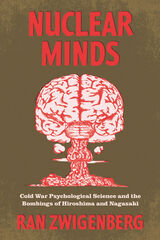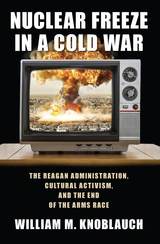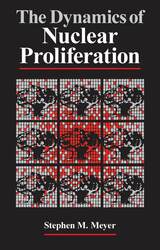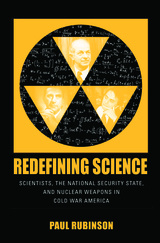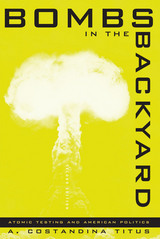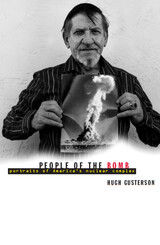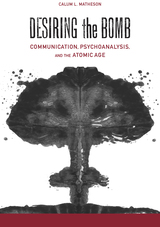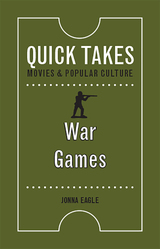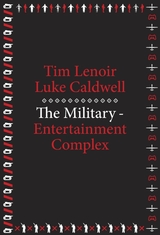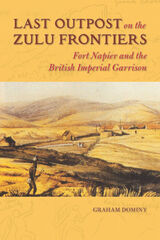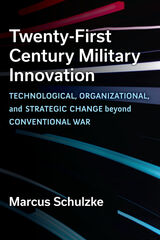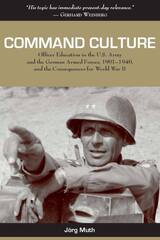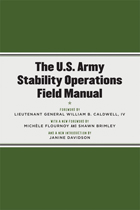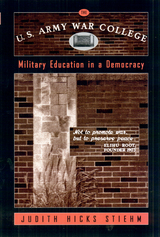"This book tackles a big and important subject—nuclear secrecy—and illuminates its history with a wealth of new detail. Wellerstein provides a long, sweeping overview of secrecy in the nuclear age, tracking its evolution from the pre-World War II discovery of fission to the present. He surveys a vital topic through the mastery of difficult archival sources and assembles a coherent, compelling narrative."
— Peter Westwick, author of Stealth: The Secret Contest to Invent Invisible Aircraft
"How much do you know about nuclear weapons? How much don't you know? In this sweeping, insightful, and utterly original history, Wellerstein recasts the nuclear age as a fundamental struggle about controlling knowledge. He convincingly shows how everything about these weapons was, from even before their existence, tied up with a system of secrecy that has since expanded far beyond the atomic domain. Essential reading."
— Michael D. Gordin, author of Red Cloud at Dawn: Truman, Stalin, and the Birth of the Atomic Monopoly
"Official secrecy is the ultimate form of government regulation, and Restricted Data explores the management of secrets about weapons that can literally destroy the world. As Wellerstein demonstrates, for the past eighty years the demands of the military have often conflicted with the needs of a democratic society. Wellerstein is one of the great nuclear historians of our time. This book is fascinating, essential reading not only for what it tells us about the origins and workings of America’s national security state but also for what it reveals about the nuclear dilemma we still face today: freedom or the illusion of safety."
— Eric Schlosser, author of Fast Food Nation and Command and Control
"Wellerstein's imaginative and perceptive retelling of the history of America’s nuclear weapons will revolutionize conventional thinking and scholarship. Understanding how nuclear secrecy was often used to keep the American public ignorant—rather than America’s adversaries—goes a long way toward explaining a Cold War arsenal of thirty-one thousand nuclear weapons that made no strategic sense. Restricted Data should be read by every concerned citizen, and President Biden should make it required reading for his national security team."
— Martin J. Sherwin, author of Gambling with Armageddon: Nuclear Roulette from Hiroshima to the Cuban Missile Crisis
"I’ve long believed that wrongful secrecy about our nuclear policies has endangered the survival of civilization. In Restricted Data, Wellerstein shows us how the dawn of the American atomic age ushered in a new era of state secrecy that became permanently embedded in US governance and culture. It’s a haunting look at the hidden mechanics of America’s top-secret nuclear program, and it asks vital questions about what happens when government secrecy becomes routine—and what it means for a global public left in the dark. My answer: catastrophic risk. It’s a monumental work."
— Daniel Ellsberg, author of The Doomsday Machine: Confessions of a Nuclear War Planner
"Groundbreaking. . . . The best writers make the familiar seem foreign, challenging assumptions about a state of affairs we take for granted. It might seem obvious that building the most powerful weapon in the world, a device that could end human civilization, requires extreme secrecy. Yet Wellerstein peels back the layers of the nuclear onion to reveal a rich debate about what should be kept secret and why. . . . Wellerstein's book is compelling and frightening as it confronts the reader with the confounding questions that scientists and government officials faced when trying to decide what information should be withheld."
— Nature
"Restricted Data informs the present as much as the past. . . . The history of US nuclear secrecy is messy and fraught—all of which makes for delicious, if at times disturbing, reading."
— Bulletin of the Atomic Scientists
"Secrecy was a defining aspect of the creation of the atomic bomb and, 75 years later, nuclear secrecy remains a feature of American democracy. In Restricted Data, Alex Wellerstein examines the health of democracy in the face of big science, big government, and big weapons."
— Science
"The scope of Wellerstein's thought-provoking book spans the scientific origins of the atomic bomb in the late 1930s all the way through the early 21st century. Each chapter chronicles a key shift in how the US approach to nuclear secrecy gradually evolved over the ensuing decades—and how it still shapes our thinking about nuclear weapons and secrecy today."
— Ars Technica
"An impressive and innovative monograph. . . . Restricted Data is not just a detailed chronicle of the ongoing secrecy versus anti-secrecy debate, but a profound, well researched and fluently written reflection on American social history since the Second World War, with multiple lessons to be learned."
— Engineering & Technology
"In Restricted Data, Wellerstein has drafted one of the finest blueprints of our national security apparatus by focusing on nuclear weapons, its deepest cogs and wheels. He reveals the wiles, machinations, and ruses of physicists who first kept the secrets of the nucleus. He uncovers the prevarications, leaks, and conspiracies of the officers and bureaucrats who held those physicists to account. He has found a peephole into a stadium where the most important games are played. . . . Wellerstein asks brilliant questions that reach to the heart of what secrecy and science and security mean. . . . Wellerstein takes the reader down the long path to understand what nuclear secrecy meant, guiding the reader through the subject's many tangles."
— Los Angeles Review of Books
"One might suppose that nuclear secrecy is merely incidental to the larger history of nuclear weapons, but Wellerstein demonstrates that the subject is rich and dynamic and consequential enough to merit a history of its own. . . . Wellerstein is not just an accomplished historian who has done his archival homework, he is also a lively storyteller. And he leavens his narrative with surprising observations and insights. . . . [He] does an outstanding job of explaining how we got where we are today, and his analysis will help inform where we might realistically hope to go in the future. Restricted Data is bound to be the definitive work on the history of nuclear secrecy."
— Federation of American Scientists
"An extremely detailed study."
— Inference: International Review of Science
“Fascinating, truly fascinating, and readable, and I do mean readable.”
— Ploughshares Fund, Press the Button podcast
"It's a stunning achievement: a historical exercise that documents not just all the things we cannot know but all the things we only thought we couldn't know, and which Wellerstein's dogged research has dug out."
— London Review of Books
"Wellerstein draws on a voluminous body of documentary research. . . . One of the great ironies of Restricted Data is that none of this research involved information that is currently secret. Though Wellerstein is clearly well versed in the art of filing Freedom of Information Act requests, he has no security clearance and professes not to want one. That a book of such calibre and depth can nevertheless be written is a testament both to Wellerstein's scholarship and to one of the book's central contentions: knowledge, once created, is very hard to keep secret."
— Physics World
"Based on interviews and years of tireless spadework in government archives, the present book showcases [Wellerstein's] talents as a researcher and a skillful writer of narrative and analysis. One of Restricted Data's many strengths is its reconstruction of the work of those inside the state who debated, designed, and performed the day-to-day bureaucratic practices of secrecy. The effect is one of demystification."
— Physics Today
"A coherent and convincing account of the evolving ambitions and control of systems of information concerning nuclear knowledge in diverse political and social arenas, based on an impressive, wide-range corpus of primary and secondary sources, as is demonstrated by the abundance and finesse of the endnotes and bibliography. . . . The book provides meaningful insights for STS scholars, especially around the questions of the relationship of science and technology with military and national defence, laws and rights, and power and governance."
— Metascience
"It is difficult to do justice to the richness, capaciousness, and elegance of Wellerstein’s analysis in a short review... But by the tale’s end, in an exceptionally thoughtful and enlightening conclusion, not only does the reader fully understand how nuclear secrecy can be historicized and periodized—one also grasps that 'there has never been a simple, singular thing called nuclear secrecy.' And this is the best possible book you could read about it."
— Isis
“We cannot understand our present political circumstances without knowing the origins and development of the US state secrecy apparatus. It has—for the most part—been a redacted chapter in American history books, a deficiency that historian Alex Wellerstein has boldly and capably set out to remedy in Restricted Data: The History of Nuclear Secrecy in the United States.”
— Science for the People
"The book is full of Easter eggs that can easily capture the attention of tech enthusiasts and history fans alike – even those who are drawn to the real drama behind the scenes and want to understand how science and politics are shaped by humans driven by emotion, political or moral compasses, and the hard realities of geopolitics. A captivating read, no matter how one looks at it."
— Defense & Security Analysis
